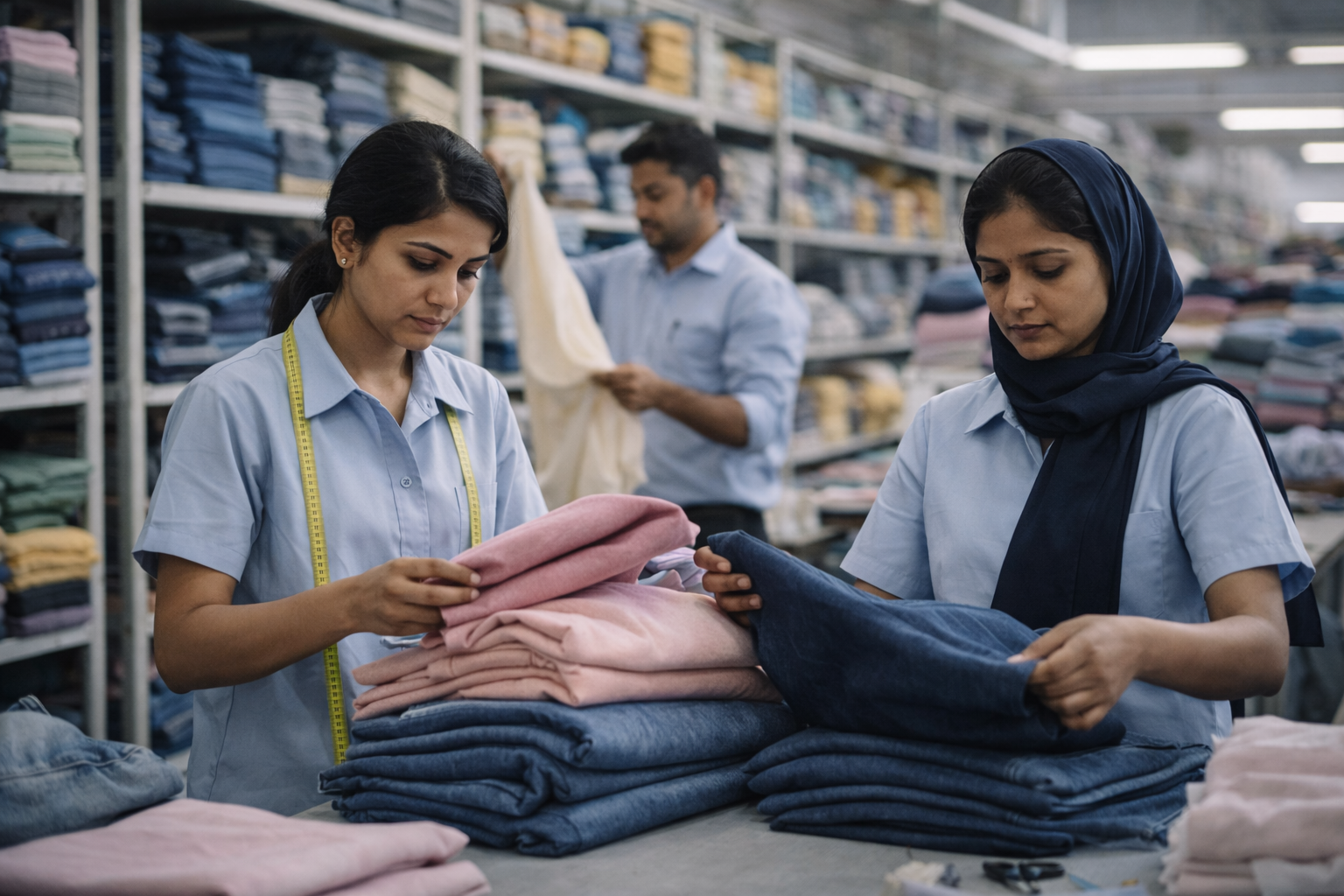The Rise and Risks of Fast Fashion in India
India’s love for affordable, trendy clothing comes at a price. The fast fashion industry, booming across urban and semi-urban markets, encourages rapid consumption. While these clothes may be stylish and inexpensive, they carry hidden environmental and social costs that demand urgent attention.
Fast Fashion’s Global and Local Impact
Fast fashion refers to rapidly produced clothing inspired by runway trends, sold cheaply to encourage frequent purchases. Globally, this industry generates massive textile waste, heavy water usage, and significant carbon emissions. In India, the problem is compounded by unregulated production and low awareness among consumers, resulting in overflowing landfills and stressed natural resources.
Key Concerns with Fast Fashion
- Environmental Damage: Textile dyeing and synthetic fabrics contribute to water pollution and greenhouse gas emissions.
- Labor Exploitation: Many garments are produced under poor working conditions with minimal wages.
- Waste Accumulation: Rapid disposal of inexpensive clothes adds tons of textile waste to landfills.
- Consumer Culture: The emphasis on “newness” encourages overconsumption and short-lived wardrobe trends.
Expert Opinion on Sustainable Fashion
According to fashion sustainability expert Dr. Neha Bhatia, “India has a unique opportunity to lead in ethical and sustainable fashion. Consumers need to embrace slow fashion, which emphasizes quality, longevity, and environmental responsibility.”
Industry insiders suggest that local brands promoting eco-friendly fabrics and recycling initiatives are the first step toward transforming the market.
Why Slow Fashion Matters
Slow fashion emphasizes mindful purchasing, durability, and ethical production. Shifting toward this model can help India:
- Reduce environmental pollution and water consumption
- Support fair wages and safe working conditions
- Promote thoughtful consumption habits
- Encourage innovation in sustainable textile solutions
This approach also aligns with global climate targets, giving Indian fashion brands an opportunity to stand out in the international market as responsible and ethical players.
Transitioning to Ethical Fashion
For India to successfully adopt slow fashion, collaboration is key:
- Consumer Education: Awareness campaigns highlighting the environmental and social impact of fast fashion.
- Brand Accountability: Encouraging brands to use sustainable fabrics, reduce waste, and ensure fair labor practices.
- Policy Support: Government incentives for eco-friendly textile production and waste management initiatives.
- Innovation: Investment in recycling technologies and circular fashion models.
Experts predict that sustainable fashion will gradually dominate urban markets, with conscious consumers favoring ethical brands over mass-produced cheap garments.
Conclusion
The fast fashion frenzy in India may be lucrative, but it comes at a steep environmental and social cost. Embracing slow fashion offers a viable, responsible alternative, promoting quality over quantity and ethics over excess. For India, the future of fashion lies in sustainability, innovation, and conscious consumerism, ensuring that style does not compromise the planet or its people.



